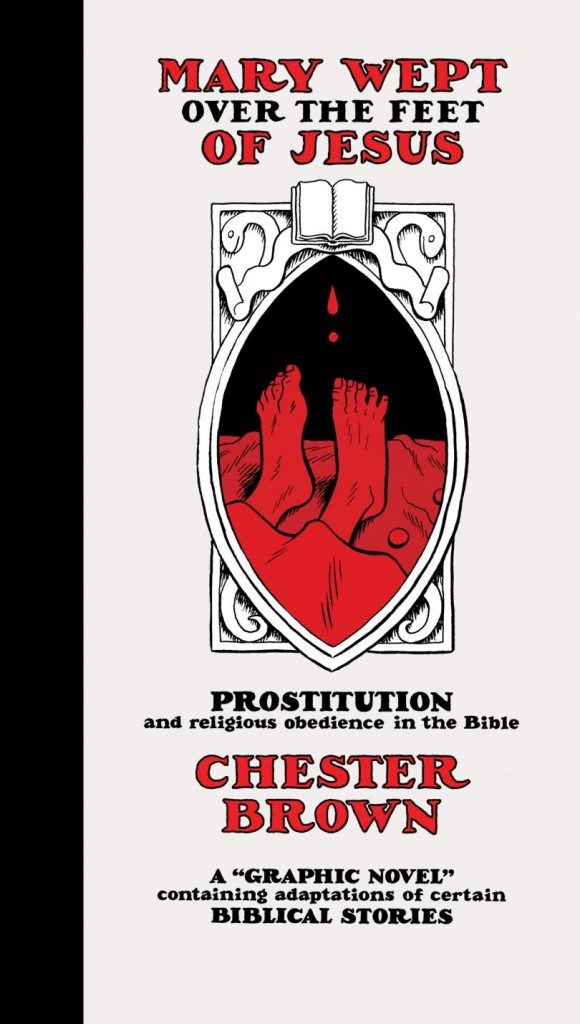Will Eisner Week
A bunch of my friends on facebook are calling this Will Eisner week to celebrate the man.
In going over some old notebooks I came across some notes I took the one time I met and saw Will Eisner talk on a panel. This was at the 2004 Paradise Comics Toronto Comic Con. I was not yet recording panels so I only have the notes I scribbled down. The notes are faded and will be illegible soon so I’m putting them here to preserve them.
The title of the panel was Graphic Novel Pioneers. On it was Will Eisner, Dave Sim and Chester Brown.

2004 Paradise Comics Toronto Comic Con – Graphic Novel Pioneers panel. Will Eisner, Dave Sim, Chester Brown
Will Eisner starts off telling Dave Sim “We have to be very careful about what we say, there is an audience.”
Eisner thinks a Graphic Novel is about the content, not page numbers.
He thought readers were older and wanted to read something other than 2 mutants smashing each other.
Eisner said the President of Ballantine Books was very impatient.
Chester now accepts the Graphic Novel name. He didn’t before.
Eisner calls some books graphic narrative.
Al Capp told Eisner in 1945 he’d never make it, said he was to normal.
Rube Goldberg told Eisner that comics wasn’t nothing but vaudeville and jokes.
Spirit got 5 million in circulation, that was considered nothing then.
Eisner talked about how comic strips had huge cultural impact among immigrants.
Eisner said Superman had the same costume as strong man in circus.
Eisner said the Spirit was supposed to be short stories. Eisner did Splash pages to get attention.
Dave did Cerebus because of the direct market, the retailers took all the risk. He did things in Cerebus that he knew couldn’t do in Marvel/DC. He had almost complete freedom and he pushed boundaries.
Dave said he and the people in Beguiling (Popular Indy focused Comic Book store) thought Louis Riel was career suicide.
Eisner thought undergrounds was literature because Denis Kitchen introduced him to them.
Eisner sold his company and went into doing Graphic Novels.
Dave said Cerebus + Star Reach was called Ground Level Comics.
Eisner credits the undergrounds for the Graphic Novel.
Eisner thinks the Editor should be the reader surrogate, tell him what doesn’t work and Eisner will fix it himself. He doesn’t want advice.
Chester uses Seth as his “editor” to give him advice. Sim did it all himself.
Eisner used Dave Shiner, a friend, as an editor, he died recently. He now uses his wife Ann who never read comics prior to this.
Eisner said doing comics is like sex. He doesn’t like talking about it while he’s doing it. After he’s finished, then he goes through it.
Eisner starts writing with the ending. He writes a timeline, not the story.
With Louis Riel, Chester did his work on panels with dialog at first, did stick figures if he didn’t think he would remember.

Will Eisner

Dave Sim

Chester Brown

Will Eisner and Chester Brown

Will Eisner talks to media
